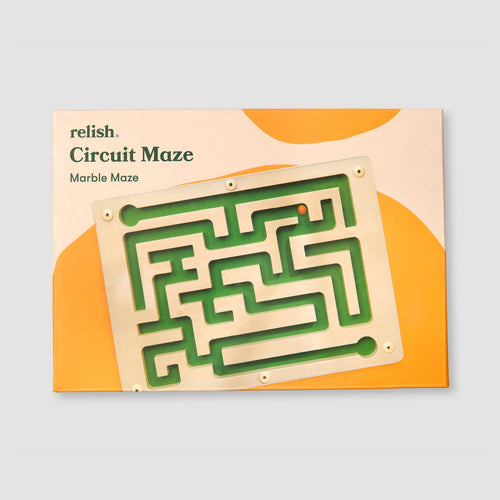Primary Progressive Aphasia is a form of frontotemporal dementia, affecting a person’s ability to understand language, read, write and speak. PPA can be further broken-down into 3 different types. Each of them affects a person’s language skills, but in slightly altered ways.
Progressive Nonfluent Aphasia (PNFA)
A person with PNFA will be able to understand the meaning of words but will struggle to find the right words to say, causing them to speak very slowly. They may also struggle to interact in groups or on the phone.
Other symptoms of PNFA include:
- Telegraphic speech – using two-word long sentences
- Pronouncing works incorrectly
- Using the wrong grammar
- Saying the opposite word to the one meant
- Problems with reading
- Problems with spelling
Semantic Dementia (SD)
People with SD will generally be able to speak but may slowly start to lose the ability to remember faces, familiar objects and the meanings of words, often replacing one word with another.
Other symptoms of SD are:
- Difficulty understanding what people are saying
- Talking about things in a vague manner
- Problems with reading and spelling
- Difficulty finding the right word
Logopenic Progressive Aphasia (LPA)
A more recently identified form of PPA, LPA tends to affect the speed in which people talk. They generally retain their fluency but may struggle to understand relatively simple words.
Other symptoms of LPA include:
- Issues with repetition e.g. struggling with repeating sentences
- Difficultly naming objects
- Pausing in the middle of sentences
PPA affects the frontal and temporal lobes – the language sections of the brain. The disease tends to progress slowly, allowing those diagnosed with PPA to continue living an independent life for many years as memory, judgment and reasoning are not affected until much later. However, as the disease progresses, people will begin to display changes in behaviour, problems with planning and problem solving and difficulty remembering things.
Is PPA genetic?
Whilst most cases of PPA are not hereditary, in some cases it can be a genetic disorder. This is most likely for PNFA.
Is there a treatment for PPA?
There is currently no cure for PPA but there are many ways you can help support someone who has been given a diagnosis. Struggling to speak or finding the right words can be incredibly frustrating for a person with PPA. Try not to interrupt them or speak for them, and don’t point out mistakes they have made in the conversation. Be patient and give them time to speak.
In terms of the physical aspects of PPA, encouraging people living with dementia to keep active will ensure sure that they continue to live a healthy and independent lifestyle for as long as possible. Keeping active, especially in groups run specifically for people with dementia, will also make sure people are socialising with other people who have dementia, which can be incredibly important in combatting loneliness and that can occur after a diagnosis.






















